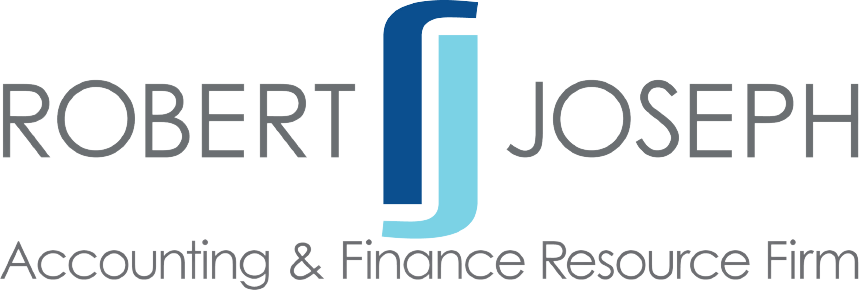Is CFO Part of Your Future? Do You Have What It Takes?

Many accounting professionals aspire to have an office in the C-suite someday. Having been a numbers-cruncher throughout their career, a move to CFO may seem the logical next step. But is it? Is a love of computing and finesse for finances enough to open doors to an executive position? And if those doors do open, will even top-of-the-class financial skills be enough to lead to success as a CFO?
Being a CFO encompasses a host of responsibilities that reach beyond managing the company’s cash flow and attending to spreadsheets, budgets, and long-term financial planning. Other tasks include—
- Managing the employees in the finance department
- Acting as a consultant to various departments regarding financial matters
- Working with outside sources whose relationship with the company impacts the bottom line
- Assisting the CEO with executive leadership duties
While extensive accounting experience is a must for every CFO, the responsibilities noted above prove that CFO candidates must bring a wide array of credentials, experience, and skills to the C-suite. So let’s delve into what that looks like.
Education
While there are no specific educational criteria for being a CFO, many holding this vital position have earned an MBA degree. Other degrees held by the Chief Financial Officer may include a BA in Business Administration or Economics or a BS in Accounting, Economics, or Finance. Just as critical, if not more so, is the knowledge gleaned from hands-on work experience and a deep understanding of the business world. Being a “numbers” guy or gal is a good start, but it must be followed by formal education that includes a strong emphasis on accounting and financial principles. The more instruction in business matters beyond those finance-related, the better prepared a CFO candidate will be to handle all the responsibilities this position requires.
Leadership and communication skills
Heading up the company’s financial arm requires more than just a fondness for numbers. It also mandates a prowess for leadership. Not only does the CFO manage the personnel within the finance department, but they also play a key role in guiding the workforce towards daily/weekly/monthly/yearly adherence to the company’s financial principles and goals.
But before the CFO can guide the team in financial matters, they must effectively communicate the plethora of details those financial matters encompass. Furthermore, they must communicate said details so that non-accountants can understand and absorb them. Communicating the complexities of the budget, the short and long-term financial goals, the ratio of ROI, and a myriad of other financial particulars requires a level of communication skills that weren’t taught in an accounting book.
Business operations experience
A business perspective that extends beyond the finance department will serve a CFO well as they work closely with the CEO and the board of directors to grow the business. The best decision-making comes from perspectives that involve a wide rather than a narrow view of the business. It considers every aspect of the company. Chief Financial Officers must think beyond dollar signs and seek to understand every facet of the business. Experience in other departments, filling non-finance roles, and actively pursuing info and know-how beyond the financial areas will produce a well-rounded CFO, better able to fulfill the position’s responsibilities.
Is CFO in your future? Let the Robert Joseph Group spearhead the search for the organizations and job opportunities that best utilize your talent.
